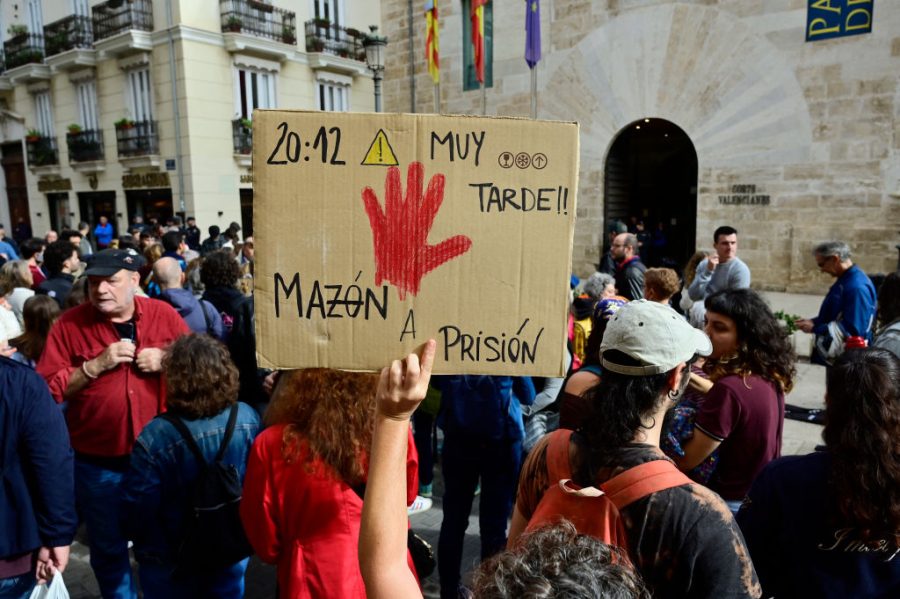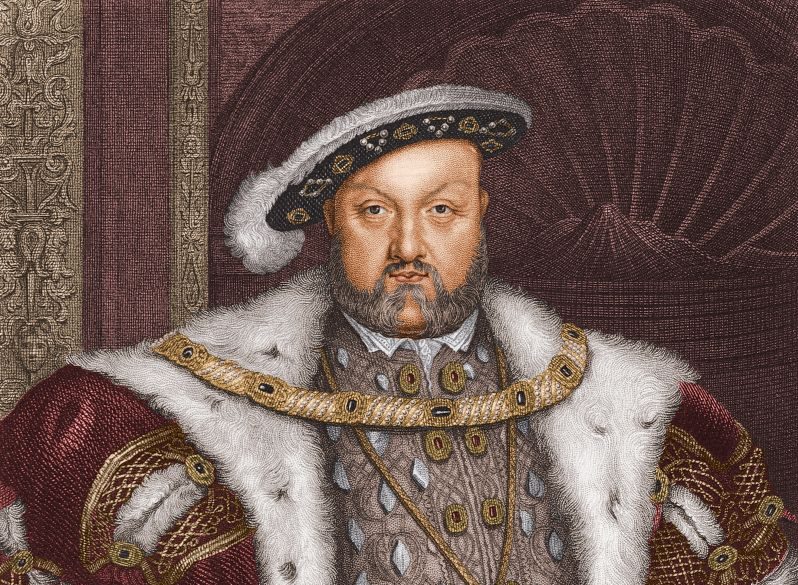The head of the Valencia regional government has just attempted an impossible task – justifying his administration’s conduct before, during and after the flash floods that killed over 220 people in the Spanish region last month.
Since the catastrophe on 29 October, relentless, richly deserved criticism has been heaped on Carlos Mazón’s right-wing Partido Popular administration, which last year scrapped a special response force for natural disasters. On the day of the floods, instead of monitoring the situation, Mazón enjoyed a leisurely restaurant lunch lasting until six in the evening and then took over an hour to reach the emergency command centre. The flood warning, when it finally came, was too late: the alert pinged on one woman’s mobile phone while she was hauling herself up the side of a building, the torrent roaring just below her.
It’s not clear how much longer Prime Minister Pedro Sánchez can cling to power
And then the recovery effort, at least in its early days, was a mismanaged chaos. Besides the long delays in updating the numbers of dead and missing, for days the under-resourced relief was slow to arrive and coordination was conspicuous by its absence. With volunteers outnumbering soldiers, ‘Only the people can save the people’ soon became a popular slogan.
Meanwhile Mazón and his ministers have been caught out in numerous self-serving half-truths and contradictory declarations. The technology to send alerts to people’s mobile phones, for example, has long been in place but Salomé Pradas, Mazón’s interior minister, declared that she was not told until the evening of the day of the disaster that such a thing was possible. She later retracted that statement. When some impertinent journalists caught up with her as she entered a building and asked why she’d lied, she simply turned and gave them a long, contemptuous ‘How dare you?’ stare.
So it was no surprise last Saturday when an estimated 130,000 people took to the streets in Valencia, some calling for Mazón to resign while others demanded that he be prosecuted and sent to prison. Waving placards – one read ‘Our hands are stained with mud, yours with blood’, another ‘Not everyone is here; we’re missing all the people that drowned’ – they daubed the walls of government buildings and clashed with riot police.
Today, when he appeared before the regional assembly to explain his government’s actions, Mazón’s two and a half hour-long speech was cold and scripted, sounding at times almost as if he was rehearsing his legal defence. He barely mentioned the dead and the bereaved, preferring to cite large quantities of detailed facts and figures that proved, he suggested, that ‘the system’ had been unable to cope with the unprecedented magnitude of the disaster. But lessons had been learned, he assured everyone: he was restructuring his government and was now ready to lead the region towards a better future.
His resignation would at least have allowed his party to claim that some political responsibility had been shouldered. However, no one really expected him to step down: that would almost certainly trigger elections in which his party would suffer a heavy defeat. But on the other hand, how can Mazón carry on? He’s heckled if he shows his face on the street and has, of course, no chance of re-election.
The incompetence and dishonesty that Mazón and his ministers have displayed is nothing new in the Partido Popular. It was a Partido Popular government for example that blamed Basque terrorists for the Madrid bombings in 2004, despite the forensic evidence pointing to Al Qaeda. And over recent years it’s been hard to keep track of all the Partido Popular politicians accused of fraud, embezzlement and money-laundering.
But things are no better in the socialist camp. It seems unlikely that the fragile minority left-wing coalition currently governing Spain will escape all blame for this catastrophe. And it too is mired in corruption scandals, one involving the prime minister’s wife. Meanwhile, the only important measure it has managed to get through parliament is the hugely unpopular amnesty for hundreds of Catalan separatists facing criminal charges. The radical left Podemos party is currently making its four votes, which the government needs if its budget is to be approved, conditional on the severance of ‘commercial and diplomatic relations with the genocidal state of Israel’.
It’s not clear then how much longer Prime Minister Pedro Sánchez can cling to power. When the general election does come, the right-wing alliance of the Partido Popular and Vox is likely to secure an absolute majority. If the Partido Popular then proves, yet again, to be more interested in the spoils of office than in working hard for the public good, then the more principled Vox, ideologically much closer to President-elect Trump and enjoying good relations with his team, will have plenty of scope to implement its policies.







Comments